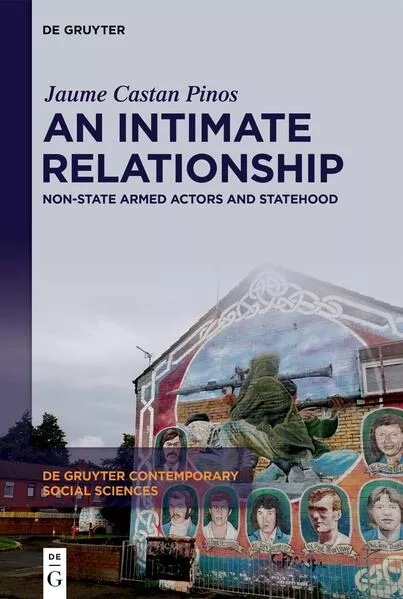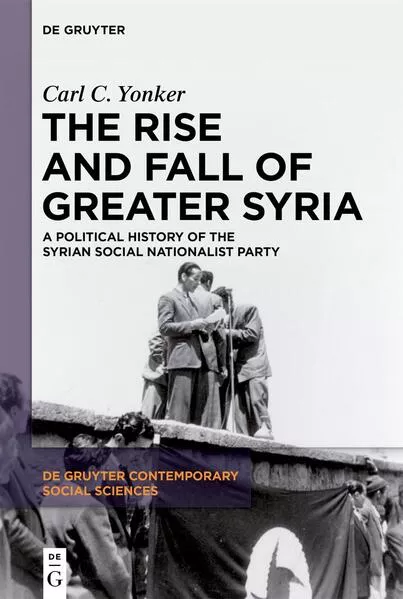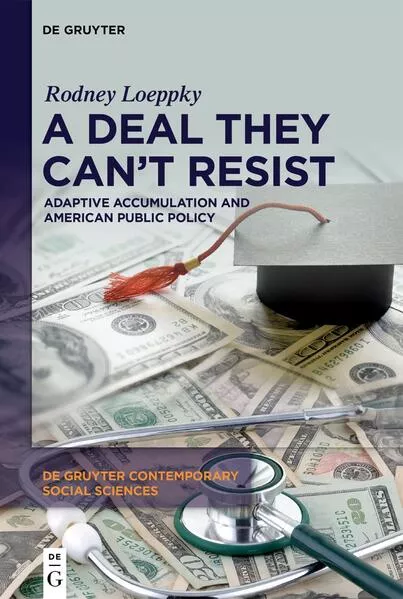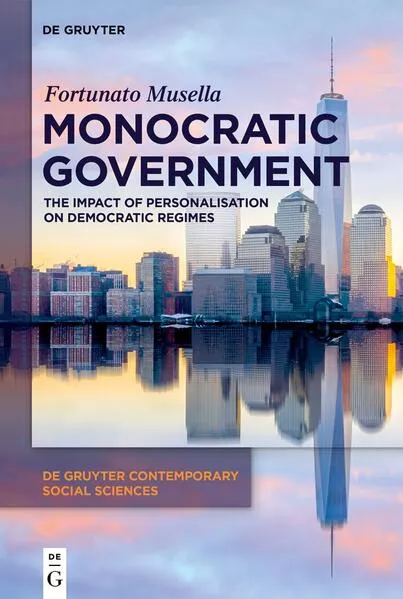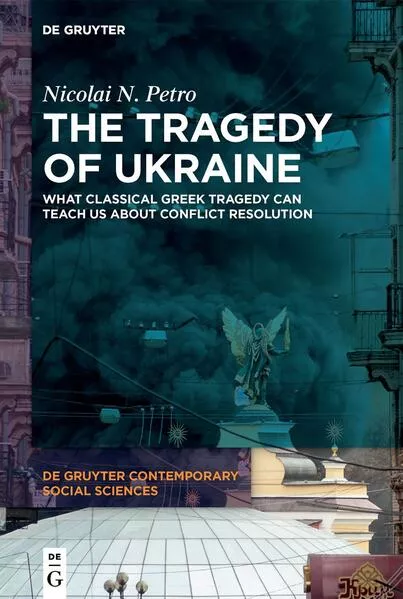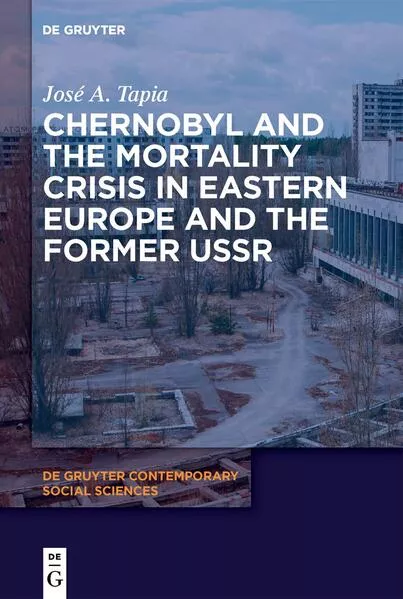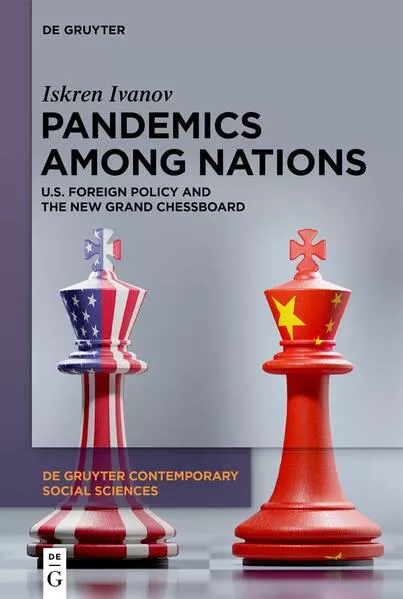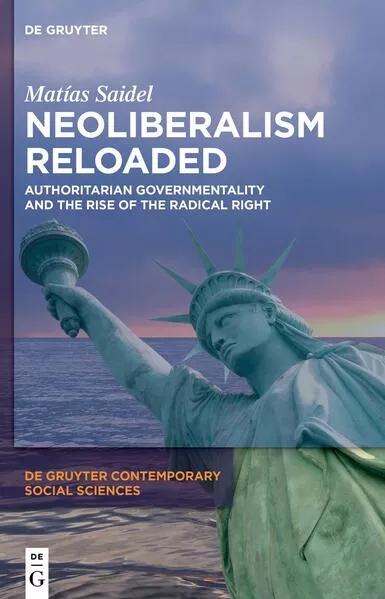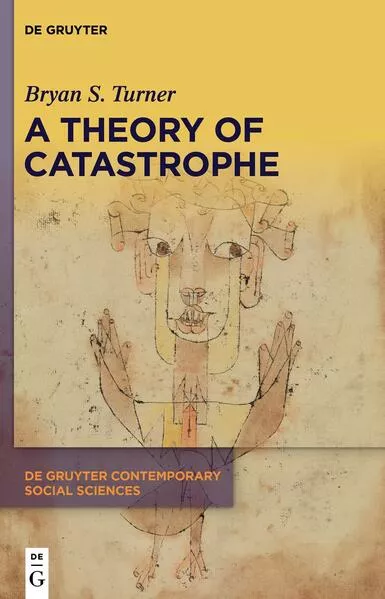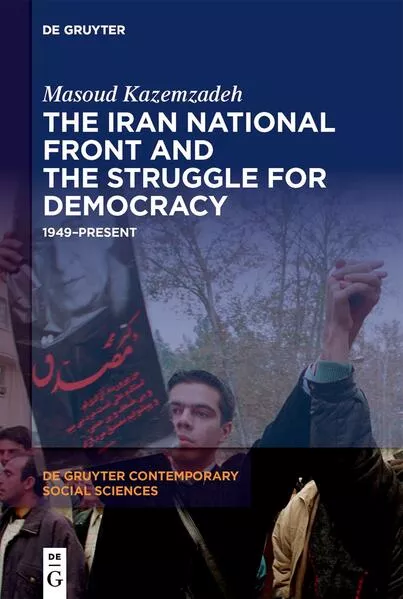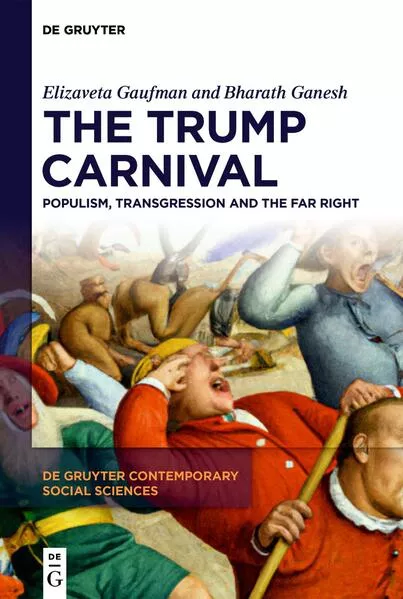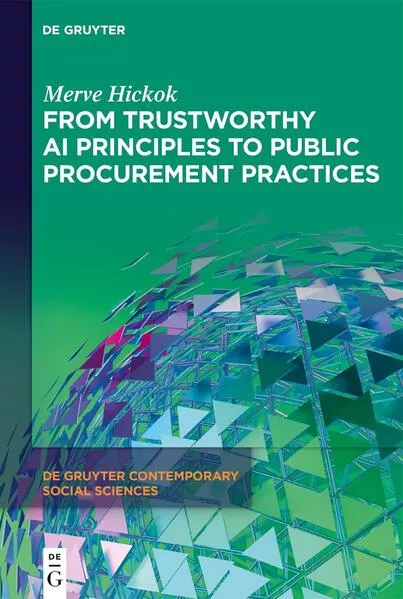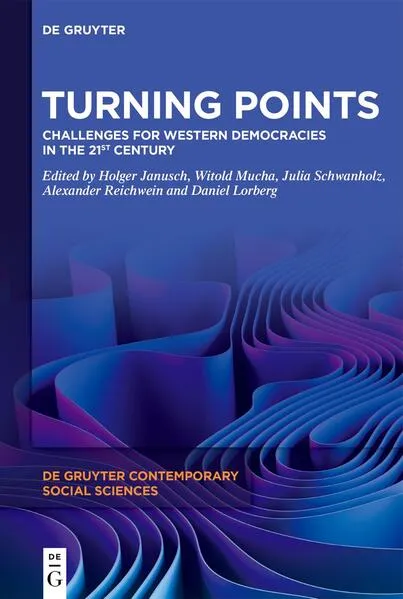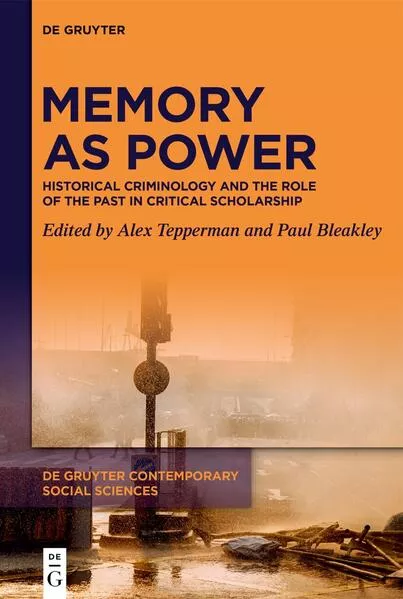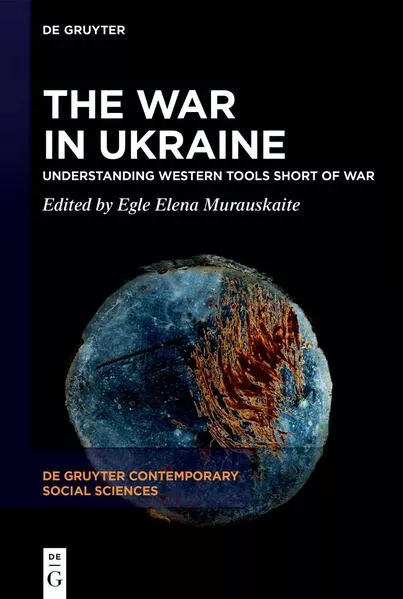Chronologie aller Bände (1 - 17)
Die Reihenfolge beginnt mit dem Buch "An Intimate Relationship". Wer alle Bücher der Reihe nach lesen möchte, sollte mit diesem Band von Rodney Loeppky beginnen. Der zweite Teil der Reihe "Monocratic Government" ist am 21.02.2022 erschienen. Mit insgesamt 17 Bänden wurde die Reihe über einen Zeitraum von ungefähr 3 Jahren fortgesetzt. Der neueste Band trägt den Titel "Fascism or Whatever You Want to Call It".
- Anzahl der Bewertungen für die gesamte Reihe: 151
- Ø Bewertung der Reihe: 4.67
- Start der Reihe: 19.01.2022
- Neueste Folge: 21.04.2025
Diese Reihenfolge enthält 17 unterschiedliche Autoren.
- Autor: Castan Pinos, Jaume
- Anzahl Bewertungen: 0
- Ø Bewertung:
- Medium: Buch
- Veröffentlicht: 21.10.2024
- Genre: Politik
An Intimate Relationship
This book analyses the strategies and narratives of Non-State Armed Actors (NSAAs), principally relying on primary material and interviews conducted by the author. The book develops a simple model based on goals and means, which allows us to increase our understanding and comprehension of organisations and individuals that decide to take up arms in the name of a political cause. One of the key arguments is that statehood plays a critical role for NSAAs, irrespective of their military capabilities, ideological aspirations and geographic origins. They are ‘non-state’ not by choice but because they are unable to be a ‘state’ actor. In other words, their stateless status is a matter of lack of power, not lack of will.
With the aim of shedding light on the intimate relationship between NSAAs and statehood, the book examines 25 cases from around the globe. These armed actors use violence in order to attain divergent political aims, which are segmented into two macro categories, namely territorial change (secessionists) and regime change (Marxists-Leninist, Salafi-Jihadists and far-right).
- Autor: Bahozde, Saladdin
- Anzahl Bewertungen: 0
- Ø Bewertung:
- Medium: Buch
- Veröffentlicht: 21.04.2025
- Genre: Politik
Fascism or Whatever You Want to Call It
Fascism or Whatever You Want to Call It constructs a crucial framework for diagnosing and exposing fascist ideologies and movements in whatever historical and geographical circumstances or disguises they may appear. At no point in history have so many people been subjected to the rule or threat of fascist movements. Nor have power and privilege ever been so concentrated in the hands of a few. We are living in the age of the decline of bourgeois liberalism and the rise of something much less democratic, something sectarian, extremist, militaristic, and exclusionary, which should be called fascism. Because fascism deploys endless camouflaging strategies, a critical theory for diagnosing and analyzing it is desperately needed. That is what this book offers. Arguing against conventional approaches that use the European model of the 1930s as a yardstick, Bahozde conceptualizes fascism as a form, rather than a system, of power and ideology.
- Band: 1
- Autor: Yonker, Carl C.
- Anzahl Bewertungen: 2
- Ø Bewertung: 4.5
- Medium: Buch
- Veröffentlicht: 19.12.2022
- Genre: Politik
The Rise and Fall of Greater Syria
The Syrian Social Nationalist Party devoted itself to reviving and unifying the Syrian nation and establishing this nation’s complete independence over its historical homeland, Greater Syria. It continues its struggle today, influencing and shaping Lebanese and Syrian society and politics. Yet, the party remains largely unknown and misunderstood, a condition that stems from the lack of any comprehensive study of it. This book fills this gap.
Syrian nationalism and nationalist movements, generally speaking, have been largely neglected and ignored by historians, scholars, and observers of the Middle East. So, too, has the SSNP. The lack of detailed and nuanced analyses has left significant gaps in the party’s rich history unaddressed and enabled the perpetuation of inaccuracies and misperceptions regarding its past. Given this and the party’s ongoing relevance in Lebanon and Syria, a thorough examination of the early history of the SSNP, the political organization and movement that embodied Syrian nationalism’s most explicit, most cogent expression is even more necessary.
Based on an extensive and thorough examination of Arabic, French, and English primary sources, the monograph is the first comprehensive, systematic history of the SSNP to date, detailing its struggle to fulfill its nationalist vision and establish a secular, independent state in Greater Syria through a thorough analysis of its formation, evolution, and political activities in Lebanon and Syria.
- Band: 3
- Autor: Winter, Ofir
- Anzahl Bewertungen: 0
- Ø Bewertung:
- Medium: Buch
- Veröffentlicht: 17.06.2024
- Genre: Politik
Peace in the Name of Allah
- Band: 7
- Autor: Loeppky, Rodney
- Anzahl Bewertungen: 0
- Ø Bewertung:
- Medium: Buch
- Veröffentlicht: 31.01.2022
- Genre: Politik
A Deal They Can’t Resist
This work argues that a component part of US neoliberalism involves adaptive accumulation, a process in which capital seeks to enlarge public programs, as a means to reroute public revenues into private revenue streams. Along the way, corporations project quasi-public aspirations as a central part of their commercial mission, as the state carves out new – or expands old – areas of accumulative growth for corporate America.
- Band: 8
- Autor: Musella, Fortunato
- Anzahl Bewertungen: 0
- Ø Bewertung:
- Medium: Buch
- Veröffentlicht: 07.03.2022
- Genre: Politik
Monocratic Government
Personalisation is the most relevant political phenomenon of our time. After the decline of structural and ideological foundations of Western democracies, a radical shift from collective to individual actors and institutions has occurred in several political systems. On the one hand, political leaders have gained centrality on the democratic scene as a consequence of both a more direct, sometimes plebiscitary, relationship with citizens, and a more direct control of the executive administration. On the other hand, a process of fragmentation occurs at the mass level, where electoral volatility has strongly increased and the spread of social media enables each citizen to express their convictions in the self-referential autonomy of the digital networks.
Monocratic Government: The Impact of Personalisation on Democratic Regimes analyses the consequences of personalisation of political leaders on democratic government by asking whether it is possible to keep together demos and kratos in a post-particratic context. It explores topics such as governmental decrees, Trump-governance, and includes an analysis of the coronavirus outbreak. Offering comparative insights and exploring how political leaders govern in the United States, France, Germany, Italy, and Hungary, this volume brings into focus the study of political personalisation in relation to some of the key trends – and crises – in modern politics.
- Band: 9
- Autor: Petro, Nicolai N.
- Anzahl Bewertungen: 34
- Ø Bewertung: 4.6
- Medium: Buch
- Veröffentlicht: 19.12.2022
- Genre: Politik
The Tragedy of Ukraine
The conflict in Ukraine has deep domestic roots. A third of the population, primarily in the East and South, regards its own Russian cultural identity as entirely compatible with a Ukrainian civic identity. The state’s reluctance to recognize this ethnos as a legitimate part of the modern Ukrainian nation, has created a tragic cycle that entangles Ukrainian politics.
The Tragedy of Ukraine argues that in order to untangle the conflict within the Ukraine, it must be addressed on an emotional, as well as institutional level. It draws on Richard Ned Lebow’s ‘tragic vision of politics’ and on classical Greek tragedy to assist in understanding the persistence of this conflict. Classical Greek tragedy once served as a mechanism in Athenian society to heal deep social trauma and create more just institutions. The Tragedy of Ukraine reflects on the ways in which ancient Greek tragedy can help us rethink civic conflict and polarization, as well as model ways of healing deep social divisions.
- Band: 11
- Autor: Tapia, José A.
- Anzahl Bewertungen: 0
- Ø Bewertung:
- Medium: Buch
- Veröffentlicht: 20.09.2022
- Genre: Politik
Chernobyl and the Mortality Crisis in Eastern Europe and the Former USSR
Before the COVID-19 pandemic, the mortality crisis which affected Eastern Europe and the republics of the former USSR at the time of the transition to a market economy was arguably the major peacetime health crisis of recent decades. Chernobyl and the Mortality Crisis in Eastern Europe and the Old USSR discusses the importance of that crisis, surprisingly underplayed in the scientific literature, and presents evidence suggesting a potential role of the Chernobyl disaster among the causes contributing to it.
- Band: 12
- Autor: Ivanov, Iskren
- Anzahl Bewertungen: 4
- Ø Bewertung: 5.0
- Medium: Buch
- Veröffentlicht: 21.06.2022
- Genre: Politik
Pandemics Among Nations
The end of the Cold War marks the geopolitical peak of America’s global primacy. The centerpiece of U.S. Foreign Policy in the pre-pandemic world order was the assumption that promoting human rights and democracy will secure peace. However, the Coronavirus Pandemic challenged the U.S.-dominated globalized order. The international system in the post-pandemic age embodies a paradox of the American primacy and the Chinese struggle for global domination. Pandemics Among Nations: U.S. Foreign Policy and the New Grand Chessboard addresses the geopolitical puzzle of the post-pandemic world order and seeks to explain how COVID 19 has remastered Brzezinski’s theory of the Grand Chessboard. In this book, Ivanov offers a two-level approach, emphasizing the consequences of the Pandemic and their impact on U.S. Foreign Policy. He also argues that if the United States wants to maintain its leadership in the post-pandemic world order, Washington should develop a new concept of smart power to deter the Chinese Art of War.
The foremost goal of Pandemics Among Nations is to analyze how America could overcome the geopolitical effects of the Pandemic. The author examines three possible scenarios for the future role of the United States on the post-pandemic Chessboard. The analysis rests on the testing of a series of research hypotheses across a structured comparison of all elements of the remastered Grand Chessboard, not just on isolated case studies such as China’s rise, Russian New Imperialism or European ambitions for a mutual defense.
- Band: 13
- Autor: Saidel, Matías
- Anzahl Bewertungen: 0
- Ø Bewertung:
- Medium: Buch
- Veröffentlicht: 30.01.2023
- Genre: Politik
Neoliberalism Reloaded
Neoliberalism Reloaded: Authoritarian Governmentality and the Rise of the Radical Right analyzes the violent enforcement of neoliberal governmentality and its relationship to the emergence of a new political and cultural Right that combines political authoritarianism, ethnocentric nationalism, racism, misogyny, and antifeminism with neoliberal economic principles. Many critical thinkers have defined this post-2008 crisis phase as a fascist moment of neoliberalism since far-Right movements and parties are not only enhancing their political representation but also setting the agenda of today’s politics. However, such a crucial political moment needs more precise analytical tools.
In this framework, Neoliberalism Reloaded: Authoritarian Governmentality and the Rise of the Radical Right seeks to understand the emergence of the New Right and punitive neoliberalism not only as a reaction to a crisis of accumulation but also as an outcome of neoliberal reason and the historical neoliberal alliance with conservative and reactionary political forces. Therefore, far from thinking this moment as exceptional, this book seeks the roots of today’s punitive neoliberalism in its theoretical framework and in the violence inherent to neoliberal capitalism towards those racialized, colonized, genderized and precarized populations that cannot adjust to the norm of competitiveness. Thus, Neoliberalism Reloaded seeks to contribute to understanding the challenges of our present as a necessary step to imagine alternative futures.
- Band: 19
- Autor: Turner, Bryan S.
- Anzahl Bewertungen: 1
- Ø Bewertung: 4.0
- Medium: Buch
- Veröffentlicht: 06.06.2023
- Genre: Politik
A Theory of Catastrophe
Sociology has developed theories of social change in the fields of evolution, conflict and modernization, viewing modern society as essentially unstable and conflict driven. However, it has not seriously studied catastrophe. A Theory of Catastrophe develops a sociology of catastrophes, comparing natural, social and political causes and consequences, and the social theories that might offer explanations.
A catastrophe is a general and systematic breakdown of social and political institutions resulting, among other things, in what we could call a catastrophe consciousness.
The Greek ‘cata-strophe’ formed the conclusion to a dramatic sequence of strophes. The cata-strophe was the final act of a drama, namely its denouement. Catastrophic denouements are without hope: genocides, military occupations, plagues, famines and earthquakes. A Theory of Catastrophe analyzes Pompeii, the Black Death, colonial genocide in North America, WWI and the Spanish Flu, and Nazi Germany and finally this century: terrorism, new wars, climate change and pandemics.
As a study of sociological theory, Bryan Turner discusses Spengler’s Decline of the West, Marxism as a theory of catastrophic capitalism, messianic movements, Weber on modernity, and risk society. He concludes by comparing optimism and pessimism, and the idea of inter-generational justice.
- Band: 20
- Autor: Kazemzadeh, Masoud
- Anzahl Bewertungen: 0
- Ø Bewertung:
- Medium: Buch
- Veröffentlicht: 23.05.2022
- Genre: Politik
The Iran National Front and the Struggle for Democracy
The Iran National Front and the Struggle for Democracy: 1949–Present explores the activities of the Iran National Front (INF). The INF is a coalition of parties, groups, and individuals and Iran’s oldest and main pro-democracy political party.
This book presents a political history of the INF from 1949 to the present day. It discusses the current platform of the INF, its leadership, policies, strategies, as well as criticisms and weaknesses. The volume draws on a rich range of primary sources, INF documents, and interviews, including translated transcripts with the top leader of the INF. As it is one of the major political parties opposing the current regime in Iran, the book also examines the current situation in the country. It provides an analysis of the nature of the political systems under the Shah and the Islamic Republic.
- Band: 35
- Autor: Gaufman, Elizaveta
- Anzahl Bewertungen: 1
- Ø Bewertung: 5.0
- Medium: Buch
- Veröffentlicht: 29.01.2024
- Genre: Politik
The Trump Carnival
Donald Trump’s campaign and presidency represented a radical departure from political norms that are often classified by media and researchers as ‘populist’. Instead, this book theorizes Trump’s campaign and presidency with reference to Mikhail Bakhtin’s "carnival" – a medieval festival of transgression, ridicule, and renewal. In this book, Lisa Gaufman and Bharath Ganesh provide a closer insight into the Trump Carnival, developing interdisciplinary perspectives on populism, misogyny, misinformation, and far-right vernacular culture. Building on the idea of the carnivalesque, this book focuses on the laughing culture of the Trump campaigns and presidency that vilified minorities, disparaged women, and ultimately emboldened the far right. Bringing Bakhtin into dialogue with key developments in contemporary politics, this book is a must-read for anyone interested in the Trump phenomenon, American politics, and populism.
- Band: 36
- Autor: Hickok, Merve
- Anzahl Bewertungen: 1
- Ø Bewertung: 5.0
- Medium: Buch
- Veröffentlicht: 21.10.2024
- Genre: Politik
From Trustworthy AI Principles to Public Procurement Practices
This book is an early warning to public officials, policymakers, and procurement practitioners on the impact of AI on the public sector. Many governments have established national AI strategies and set ambitious goals to incorporate AI into the public infrastructure, while lacking AI-specific procurement guidelines. AI is not traditional software, and traditional processes are not sufficient to meet the challenges AI brings. Today’s decisions to embed AI and algorithmic systems into public system infrastructure can – and will – have serious repercussions in the future.
The promise of AI systems is to make the public sector more efficient, effective, fair, and sustainable.
However, AI systems also bring new and emerging risks which can impact rights and freedoms. Therefore, guardrails are necessary to consider the socio-technical dimensions and impact on individuals, communities, and society at large.
It is crucial that public sector decision-makers understand the emerging risks of AI systems, the impact on the agency and the wider public infrastructure, and have the means to independently validate vendor claims. This book is a result of interviews with more than 20 public procurement professionals across countries, offering an in-depth analysis of the risks, incidents, governance practices, and emerging good practices around the world, and provides valuable procurement policy and process recommendations to address and mitigate these risks.
- Band: 37
- Autor: Janusch, Holger
- Anzahl Bewertungen: 0
- Ø Bewertung:
- Medium: Buch
- Veröffentlicht: 04.12.2023
- Genre: Politik
Turning Points
Turning Points: Challenges for Western Democracies in the 21st Century centers around the strikingly under-researched concept of turning points and its application in political science, including various theories, fields, and sub-disciplines. The chapters provide theoretical discussion and conceptual clarity by distinguishing a set of turning points at different analytical levels. Based on a wide range of case studies, the authors illustrate where, when and how different types of turning points occur (or not) against the backdrop of current challenges in and for Western democracies. The conceptual and empirical variety of the volume allows scholars and practitioners in policymaking to develop and apply their own frameworks when dealing with turning point dynamics.
- Band: 39
- Autor: Tepperman, Alex
- Anzahl Bewertungen: 0
- Ø Bewertung:
- Medium: Buch
- Veröffentlicht: 27.01.2025
- Genre: Krimi
Memory as Power
Featuring a collection of works by scholars from across a variety of disciplines, this book outlines the principles of a critical historical criminology. For historical criminologists, this book provides a framework of how to engage with historical material in a way that is critical in its interrogation, instructive in terms of how the past impacts upon our current (and future) practice, and attentive to the dangers of presentism. For critical criminologists, this book highlights the potential benefits of looking to the past to inform our understanding of the critical issues we face in the current social, cultural, and political context in a purposeful, historically sensitive way.
This remarkable volume aims to model how to practice a critical version of historical criminology that has implications for practice in the contemporary period. It does so by incorporating contributions that emphasize robust, high-quality historical research that nonetheless speaks to issues and problems of premium concern to present-minded critical criminologists, bridging a gap between the past and present through an operationalization of the past that allows readers to better understand the criminological concerns of the present. In this sense, it can be used pedagogically, as a collection of works which model critical historical criminology, and is thus of instructional use alongside its research contribution.
- Band: 45
- Autor: Murauskaite, Egle Elena
- Anzahl Bewertungen: 0
- Ø Bewertung:
- Medium: Buch
- Veröffentlicht: 22.07.2024
- Genre: Politik
The War in Ukraine
Since 2014 the conflict in Ukraine has escalated from an internal crisis into an ongoing full scale conventional war. The extensive public documentation and commentary on these unfolding events present an opportunity for empirical research yet untainted by hindsight perspectives. Drawing on an extensive regional network of local stakeholders and experts, this book combines theoretical insights with practical reflections on the efficacy of a selected range of tools employed by the West to assist Ukraine, such as the provision of military assistance, troop training, intelligence sharing, information campaigns, early crisis signaling by aircraft carrier deployments, and coalition building efforts.
Bridging the gap in open-source studies between academic research and practitioner assessments, the authors discuss how these specific measures correspond with theoretical assessments of the effects they are due to produce, as well as with the expectations about their performance held by the deploying policy makers and their audience. As the war continues to unfold, and the reality on the ground, as well as emerging new data, mean a constantly shifting landscape, this volume will be a valuable resource for anyone interested in the conflict in Ukraine.
